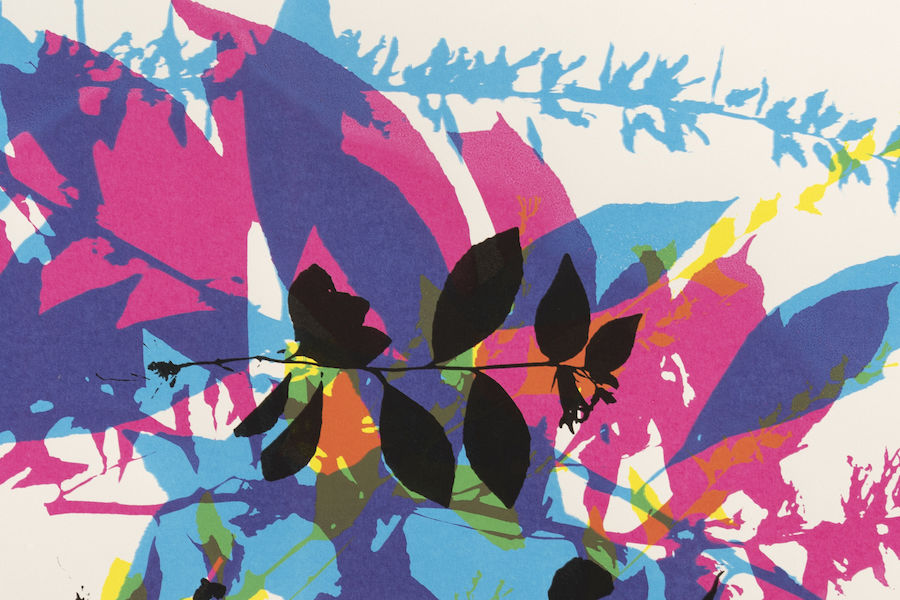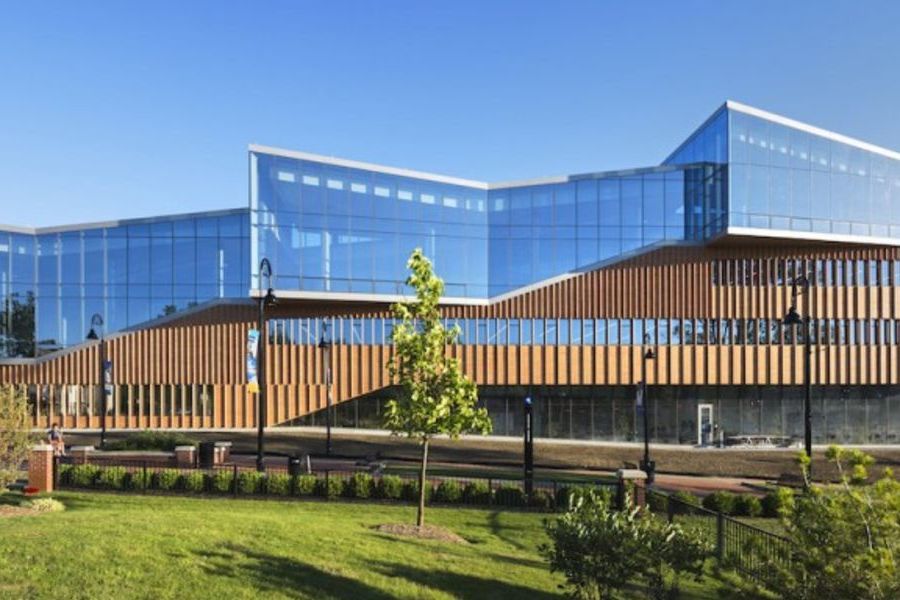College of Arts and Sciences

ĚÇĐÄVlogĆĆ˝â°ć Biologist Secures NIH Support to Expand Study into Muscle Thermogenesis
Curated May 4 Oral History Clips Paired With Online Interactive Map of Kent From 1970
They remember the sights and sounds of helicopters and trucks as the Ohio National Guard moved into their small college town. They remember the smell of tear gas. They remember the chants of the protesters against the Vietnam War and invasion of Cambodia. They remember the panic and fear that ensued immediately after they heard that four students were killed and nine wounded when the guardsmen opened fire on campus. On May 4, 1970, many people in Kent experienced a traumatic event that they will never forget.

ĚÇĐÄVlogĆĆ˝â°ć Professor Receives $2.6 Million Grant for Alzheimer's Research
ĚÇĐÄVlogĆĆ˝â°ć psychology professor John Gunstad, Ph.D., has received at grant of nearly $2.6 million from the National Institutes of Health to expand his Alzheimer’s disease research into a national study.

Internationally Renowned Biodesign Scholar to Headline ĚÇĐÄVlogĆĆ˝â°ć Symposium

ĚÇĐÄVlogĆĆ˝â°ć Biologist Joins Tennessee, Toledo Colleagues to Study Arctic Climate Change Effects
In early February, scientists reported the hottest temperature on record in Antarctica: 65 degrees Fahrenheit. Studies show climate change is disproportionately affecting the poles, warming them faster than anywhere else on Earth, and raising questions about what kinds of changes we can expect in arctic ecosystems as temperatures rise. 
A ĚÇĐÄVlogĆĆ˝â°ć biologist has teamed up with some colleagues in an inter-institutional effort to answer some of those questions.

NSF Grant Supports ĚÇĐÄVlogĆĆ˝â°ć Researchers' Plan to Help Students Improve Study Habits

ĚÇĐÄVlogĆĆ˝â°ć artist, biologist unite to design print for national project

ĚÇĐÄVlogĆĆ˝â°ć Environmental Symposium Offers Impressive Slate of Speakers and Activities

ĚÇĐÄVlogĆĆ˝â°ć Chemist Follows up on Baseball Core Study, Refuting MLB Findings.
In 1901, the 16 Major League Baseball teams produced 455 home runs. Players were discouraged from attempting it. Nearly 120 years later, players couldn’t seem to help themselves, and MLB smashed all previous records. More homers might mean more exciting games, but some people question why the spike happened. A ĚÇĐÄVlogĆĆ˝â°ć chemist thinks he has some clues about this unusual surge in home runs.